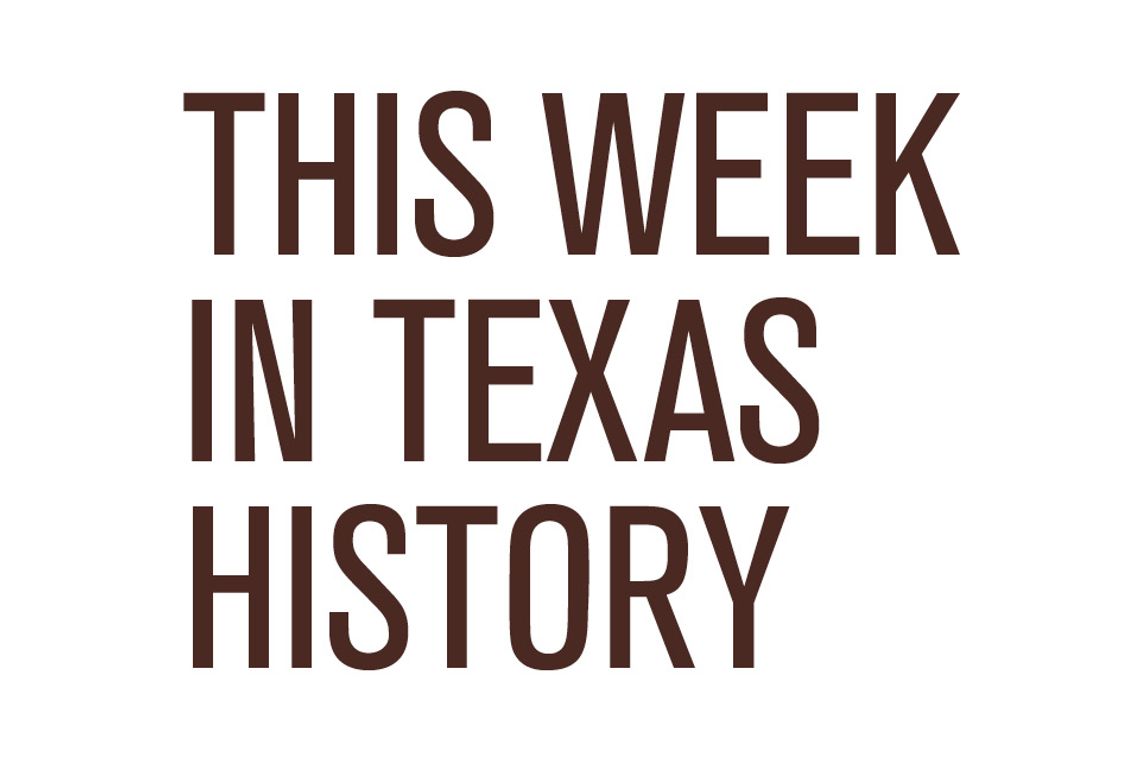T
he deadly game of cat-and-mouse that culminated in the Battle of Buena Vista began on Jan. 28, 1847, when Gen. Zachary Taylor camped for the night within striking distance of Santa Anna’s much larger army.
Divided and demoralized by a series of humiliating defeats, the desperate Mexicans recalled Santa Anna from one of his many exiles. If the charismatic charlatan could not stop the American invasion, then all was truly lost.
In dire need of money to arm, equip and feed thousands of fresh recruits, Santa Anna appealed to the Catholic Church, the wealthiest institution in the destitute country. The comfortable clergy was willing to give the patriotic endeavor their blessing but drew the line at cash contributions.
Not to be denied, the determined dictator resorted to wholesale seizure and sale of church property to finance the war effort. The priests retaliated by warning the faithful that the real enemy was not the gringos but their own government.
President James K. Polk faced a serious domestic dilemma of his own. Each day the conflict continued, support diminished for his Democratic administration and the Whig opposition grew stronger. The obvious answer was a quick victory but that was sure to catapult Gen. Zachary Taylor, a known Whig, into national prominence if not the White House.
So far Taylor had an unblemished record in the Mexican War, giving Polk no reason for replacing him as commander. However, the general’s strange conduct in September 1846 provided the perfect pretext for presidential intervention.
Taylor had the enemy on the ropes at Monterrey, when he inexplicably consented to a cease-fire and allowed the well-armed adversary to retire from the field of battle. This colossal blunder caused the Texas detachment to go home in disgust and justified Polk’s appointment of Winfield Scott as commanding general for the final phase of the Mexican campaign.
Reaching the Rio Grande in December 1846, Scott instructed Taylor to relinquish 9,000 of his top troops and to stay out of the way while he wrapped up the war. “Old Rough and Ready” surrendered the soldiers but ignored the second part of the order.
Captured documents taken from Scott’s couriers revealed the entire American strategy to Santa Anna. In strict secrecy he mobilized 20,000 troops and marched on the vulnerable Taylor.
Deprived of his Texas scouts, Taylor was blind to the impending danger. However, at that very moment, an indispensable Ranger kept his promise to return, and the grateful general immediately sent Ben McCulloch to locate the lurking enemy.
The night of Feb. 20-21, 1847, the Texan found the Mexican camp. Realizing an accurate estimate of the size of the enormous force was essential, he slipped past the sentries and hid until daylight.
The count complete, McCulloch rode like the wind back to the American lines and told Taylor that Santa Anna outnumbered him better than four to one. The general simply nodded and said, “Very well, Major. That’s all I wanted to know. I am glad they did not catch you.”
To trick Santa Anna into thinking he had been caught off guard, Taylor patiently waited until his foe finally showed himself on the morning of Feb. 22. On cue, the Americans gave a convincing imitation of a panic-stricken retreat, while deliberately withdrawing into a narrow valley near a hacienda called Buena Vista.
The battle began at the crack of dawn. To lure the Mexicans into artillery range, the tenacious troops endured heavy casualties that terrible morning. But the afternoon was a different story, as the “Napoleon of the West” stumbled into the carefully laid trap that subjected his soldiers to merciless cannon fire.
Terrified by the appalling carnage, the squeamish Mexican officers begged Santa Anna to call off the attack. Realizing his spineless staff was not up to leading the charge the following day, he agreed to an orderly pullout.
As Polk had feared, the momentous triumph at Buena Vista transformed Zachary Taylor into a first-class folk hero. Though more interested in retirement at age 65 than a political career, he reluctantly accepted the presidential nomination of the Whigs in 1849.
The election of her husband so infuriated Margaret Taylor that she flatly refused to perform the duties of First Lady. A daughter fulfilled the ceremonial role, while she sulked in her room.
But the presidency soon proved to be fatal for her frail husband. Only 16 months into his term, Taylor died after a short illness.
While the lion’s share of the credit for “Old Rough and Ready” winding up in the White House went to Ben McCulloch, he had no hand in picking his mediocre successor. The voters had only themselves to blame for Millard Fillmore.
Bartee has a can’t-miss talk for the New Year! The history of Texas elections! To schedule a speaking engagement for your group, contact him at [email protected] for more information.










